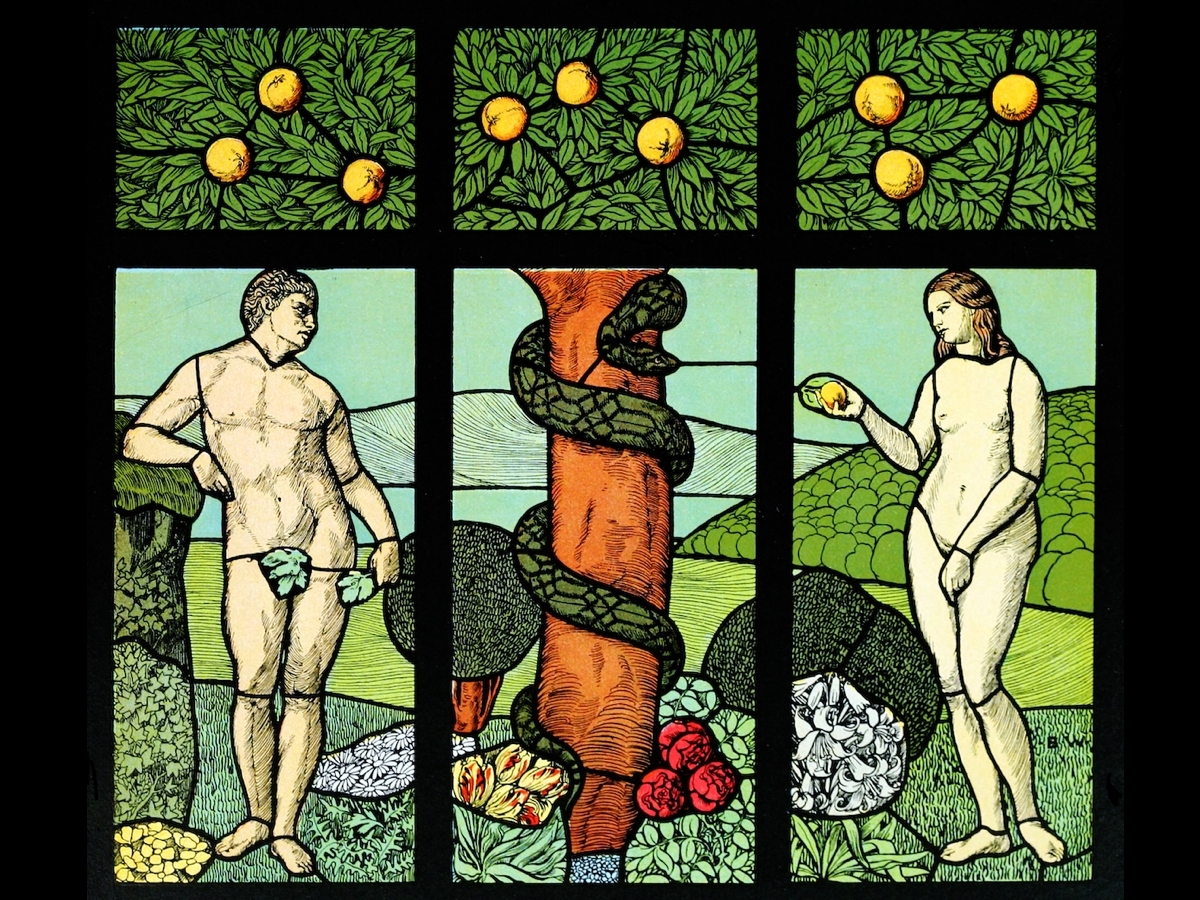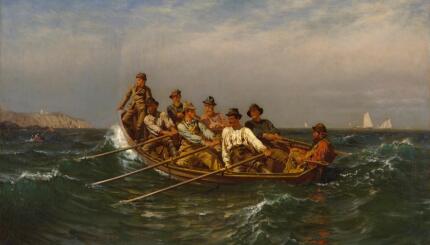When God calls in the garden Adam explains, “I was afraid because I was naked, so I hid.” The midrash comments: “naked of mitzvot.”
The theme of being stripped bare is common in modern art. The sculptures of Alberto Giacometti, the writings of Franz Kafka, and J. M. Coetzee’s Michael K. all depict people reduced to the essence, and they are afraid.
We cover ourselves with possessions, with titles, with connections and refinements to help us feel safe. We fear being naked, not in the physical sense, but in the metaphysical sense — denuded of all the things that protect us from the vagaries of the world.
The midrash insists that to be naked is not to be stripped of possessions, or attachments; it is to be stripped of good deeds. One who is cloaked by righteousness is not naked. The snake in the garden is arum, a Hebrew word suggesting both nakedness and craftiness. The connection is clear: To be without goodness is to be truly exposed. With mitzvot one need not feel unprotected or afraid.
With your help, My Jewish Learning can provide endless opportunities for learning, connection and discovery.
Rabbi David Wolpe’s musings are shared in My Jewish Learning’s Shabbat newsletter, Recharge, a weekly collection of readings to refresh your soul. Sign up to receive the newsletter.



